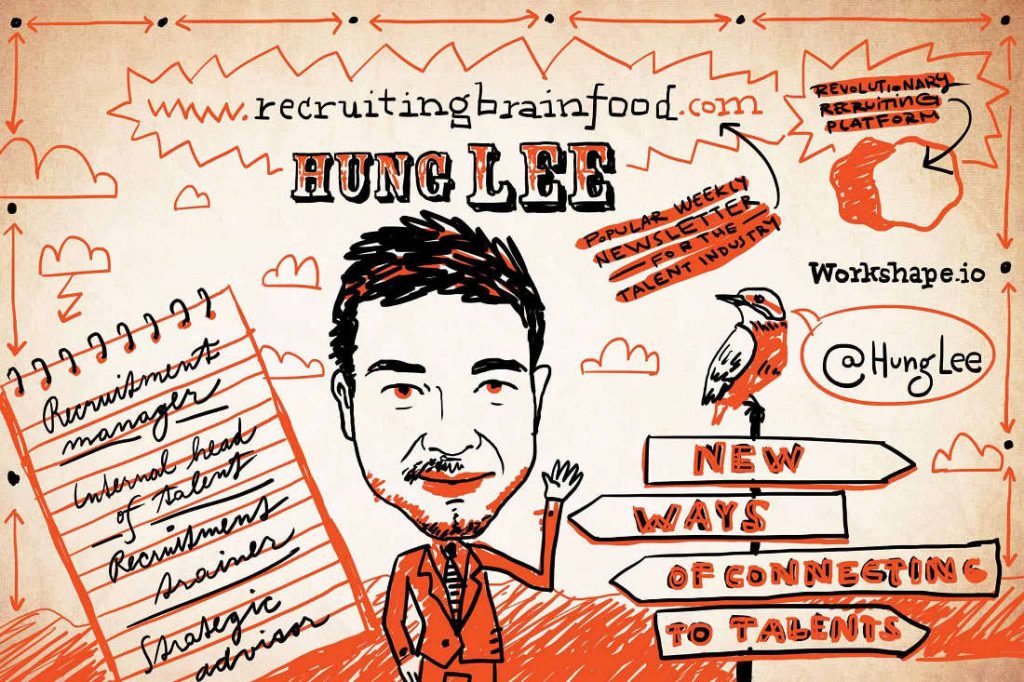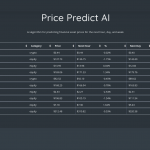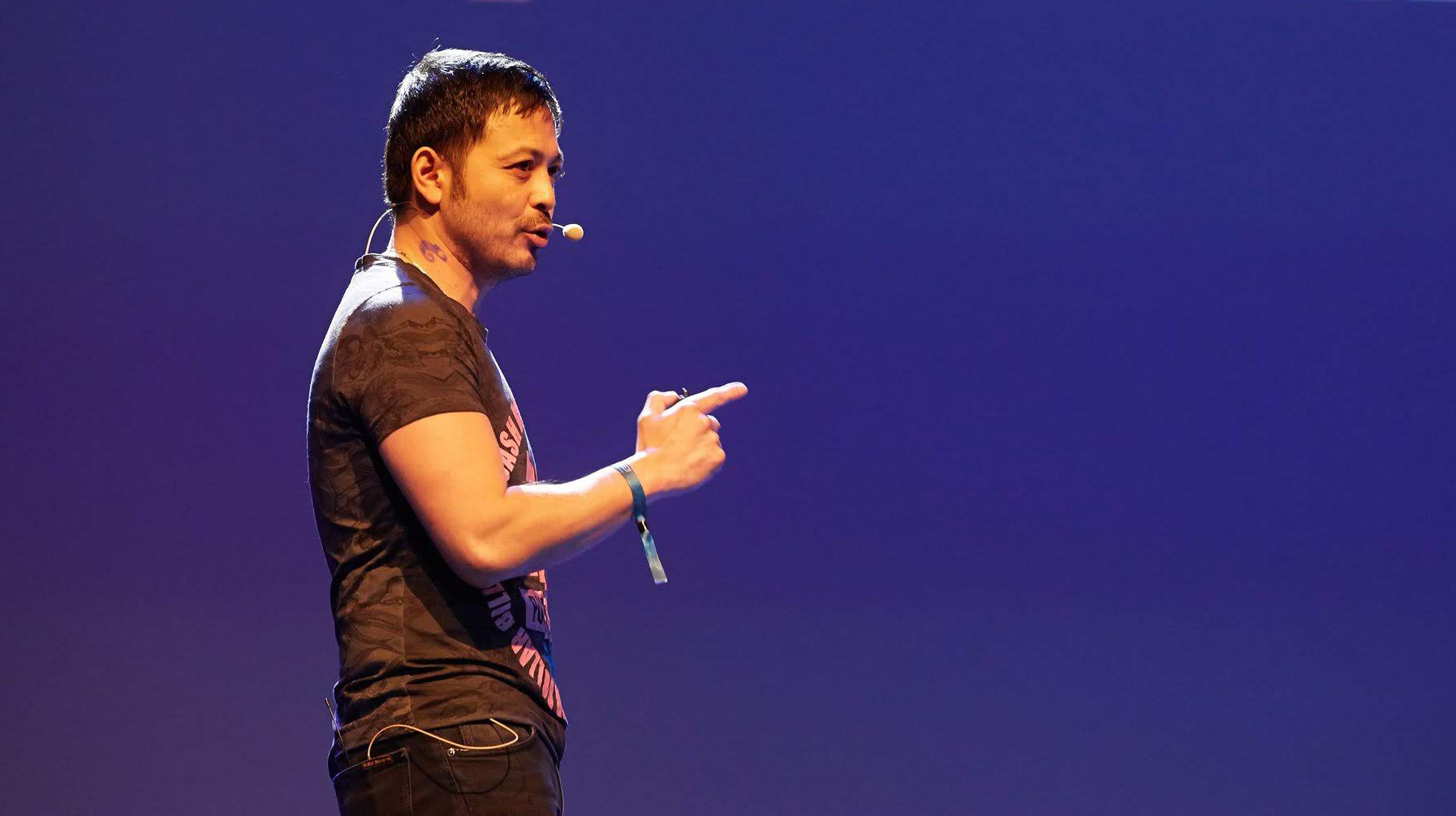The recruitment industry is shifting from talent acquisition to talent access and there are great opportunities for hiring platforms that embrace change and morph with the latest trends, says an industry professional.
“Recruitment fundamentally is about acquiring people for the company: I hire you, you work for me, no one else. But that is a very old way of thinking about how companies interact with people,” Hung Lee told Via News in an exclusive interview.
Hung, who lives and works in London, has worked for over 15 years as an agency recruiter, recruitment manager, internal head of talent, and recruitment trainer.
He is the co-founder and CEO of award-winning online recruitment platform Workshape.io and curator, editor, and community builder at leading industry newsletter Recruiting Brainfood.
On the sidelines of an event organized by Landing.jobs tech hiring platform in Lisbon where he was a speaker, Hung said the industry is going through a significant transformation.
“We’ve started to move toward a model where companies are gonna be less interested in possessing an individual. They’ll be more interested in simply getting access to that individual,” he noted.

Hung says recruitment has a risk and an opportunity. “The risk is that it will become reduced in scope and a lot of the functions will disappear. Many companies will end up recruiting at less volume because they can do their business with fewer people. Companies are becoming more efficient. That has a very close downstream impact on recruitment.”
However, opportunities lie ahead for recruiters who are flexible and can “re-imagine” their function as something that is not necessarily about “acquiring talent for companies” but rather “accessing talent for companies”, he added.
Hung believes that such a shift in perspective could suddenly change the game and help elevate the role and function of those who provide recruiting services.
“We’ve started to move toward a model where companies are gonna be less interested in possessing an individual.”
Hung Lee, CEO of Workshape.io and curator at Recruiting Brainfood
Past & Future Trends
On how the industry has transformed over the years, the CEO of Workshape.io said its core concept, which is about connecting a person to an opportunity, has remained the same but a couple of major trends have “tremendously” re-shaped the world of recruitment.
In the early 2000s, there was not a huge candidate data available, he said, adding that such information was mainly in the format of CV or resume and “was still locked into databases that people owned and you had to pay to get access to”.
“No one was thinking about sourcing outside of those systems. You would find candidates by posting job ads in a newspaper or you would search an online database or an offline database that someone was charging money to search.”
According to Hung, social media changed the recruiting scene because it meant that suddenly everyone was producing huge amounts of information about themselves and posting content such as photos and biographical data.
“That’s I think the second era where sourcing candidates became a distinct function. It changed recruitment because it became a lot more active sourcing. It became less about posting ads or paid databases because the entire Internet is a database.”

Hung maintains that the recruitment sector is entering a new phase. “The next phase is there’s too much information out there. We can find the people but the people aren’t talking to us anymore because they’re overwhelmed.”
In his opinion, the question now is how to rebuild the relationship that enabled information flow.
He says more and more people will be moving into smaller social networks or private spaces as they want to reduce their exposure to the open web.
“We’re going to start narrowing it down. We’ll start saying that we’re going to pay attention to these things that we subscribed to,” Hung added. “What we need to do is to create an audience that listens to our message and that would be the way through which you might be able to sell something.”
More people will be moving into smaller social networks or private spaces as they want to reduce their exposure to the open web.
Hung Lee, CEO of Workshape.io and curator at Recruiting Brainfood
Filtering Out the Noise
Hung has realized through experience that there is a singular problem. “It is that the world is simply too noisy.”
“Both of my initiatives are an attempt to make the world less noisy for a certain population of people. For Workshape.io, it is for software developers. For Recruiting Brainfood, it’s for recruiters,” he said.
According to him, what distinguishes his platforms is the fact that he is clear on his mission. “There’s lots of great stuff out there, there are great jobs, there’s great information, there are great people to meet, but we struggle to connect with those things because there’s so much other crap in the way.”
He says his initiative is all about clearing the unwanted stuff to make sure that a person gets what he or she is passionate about and interested in, and doing it in a way that is not intrusive for that person.

How to Build Trust
Asked how trust should be built, Hung said it is established several ways. “Firstly, we need to create a sense of safety. It’s very difficult to create trust relationships when the other person doesn’t feel safe or secure in your presence.”
For instance, you will feel a sense of betrayal if you connect with someone on a platform and they send you a sales pitch after a few minutes, he added.
“The second part of trust is to create a sense of consistency and familiarity. When people encounter an unprecedented event, typically you have a fight-or-flight response,” Hung said, referring to a physiological reaction that occurs in response to a perceived harmful threat, attack, or event.
He argues that a consistent way of appearing and sounding can help bring down the walls of distrust and could eventually lead to people liking the new experience and even finding value in it.
The co-founder of Workshape.io said another good trust-building technique is to put the conversation in a “neutral” space and talk about a topic of shared interest. “So building trust is a lot about the security, the consistency, the reliability, and the value-added.”
Staying Relevant
On how recruiters should stay relevant in the era of remote working and digital nomadism, Hung said, “I think recruitment agencies have the opportunity of being the businesses that help companies access remote work… I think they should go remote themselves.”
“If you look at recruitment agency as a template, in many respects, they’re perfectly designed to be a remote distributing business because a lot of the people that work for recruitment agencies don’t have a huge amount of functional overlap with anybody else. They’re all independent in doing their stuff. You don’t necessarily have to interact with other people in the company,” he added.
Bright Future for Portugal
Hung says Portugal generally and Lisbon specifically have to be “very optimistic” about the future given the high number of talented professionals that they have.
There are space and capacity for the market to grow, he noted, adding that the ongoing reversal of brain drain means new ideas, new confidence, new skill sets, and new networks.







